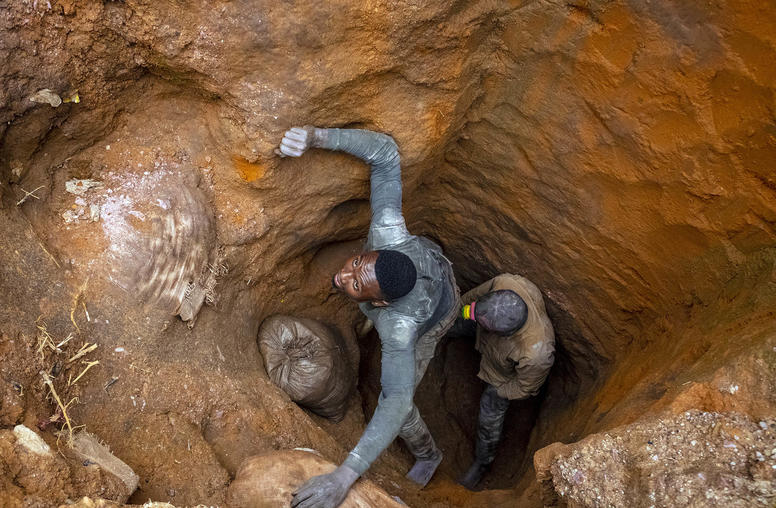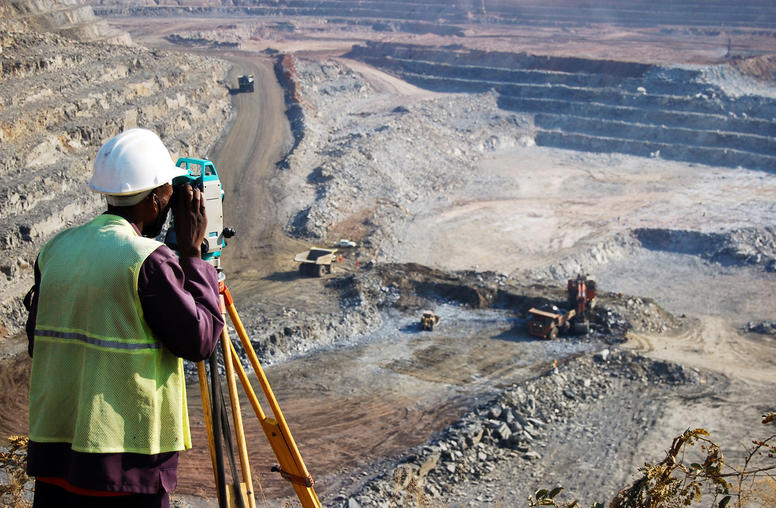eSeminar on Business and Peace
The eSeminar is a two-week long online event, hosting three incremental sessions provided with pre-written issue-summary papers to begin the discussion with, as well as supplemental research and legislation on Business and Peace. The event page on INEC will be the central location for all materials, resources, issue-summary papers, and links to the discussion pages.
The United States Institute of Peace (USIP) Center for Sustainable Economies is co-hosting a task force on business and peace with the George Washington University’s Institute for Corporate Responsibility in order to develop clear and effective strategies that align business activity in fragile/conflict-affected regions with sustained efforts to promote lasting peace.
The Defense Department’s Quadrennial Defense Review (QDR) and State’s Quadrennial Diplomacy and Development Review (QDDR) emphasize important contributions by state and non-state actors in promoting peace and stability in fragile regions, which is a strategic priority for the United States. While both the QDR and the QDDR allude to a potential role for the business sector in this regard, neither document provides detailed analysis or specific guidance. This online eSeminar hosted on USIP’s newly-developed International Network for Economics and Conflict (INEC) will help enhance the efficacy of foreign policy and peacebuilding efforts by filling this gap.
The eSeminar is a two-week-long online event featuring three incremental sessions with pre-written issue-summary papers to begin the discussion, as well as supplemental research and legislation on Business and Peace. The event page on INEC will be the central location for all materials, resources, issue-summary papers, and links to the discussion pages. Provided below are the session topics and moderators:
- Q 1. What is the business-peace nexus? Moderated by Tim Fort beginning March 14.
- Q 2. How do businesses overcome challenges in conflict-affected environments? Moderated by John Forrer beginning March 17; and
- Q 3. How do we create a level playing field for businesses in conflict-affected regions? Moderated by Raymond Gilpin beginning March 22.
Members of the Business and Peace Task Force have been invited to participate. Further details are available at the event page.



